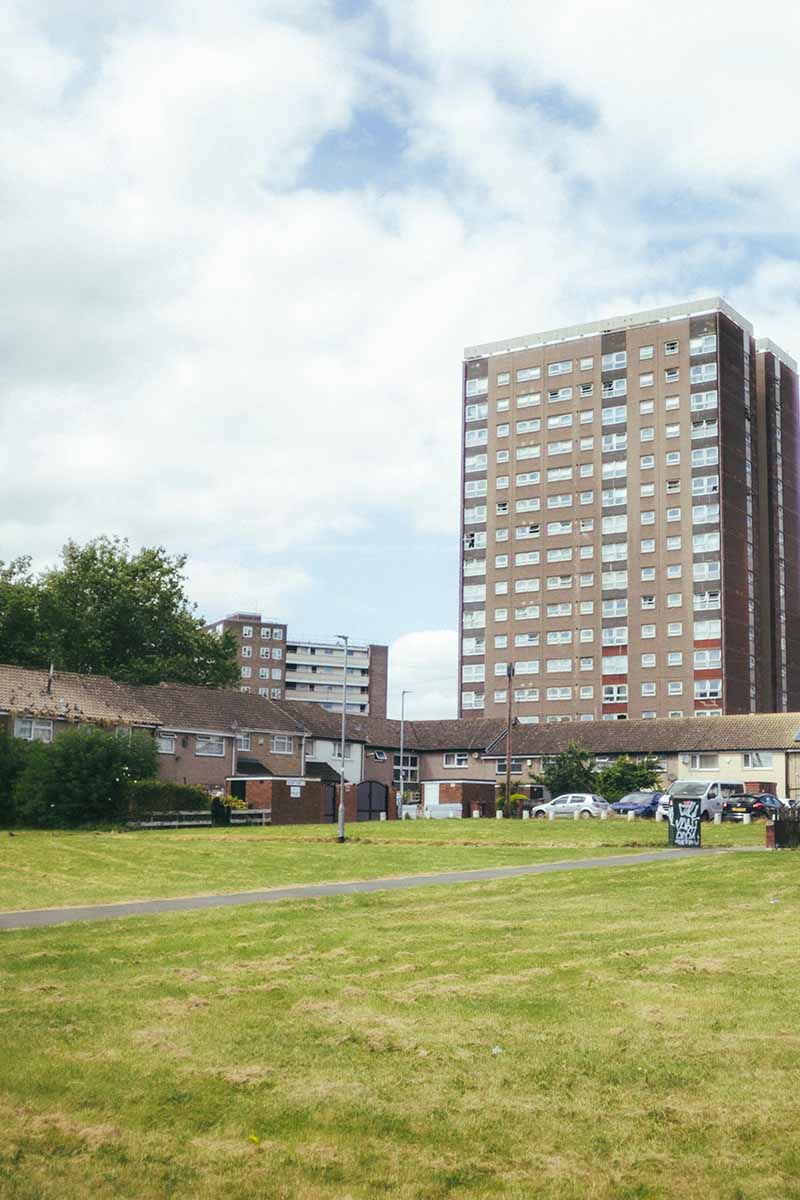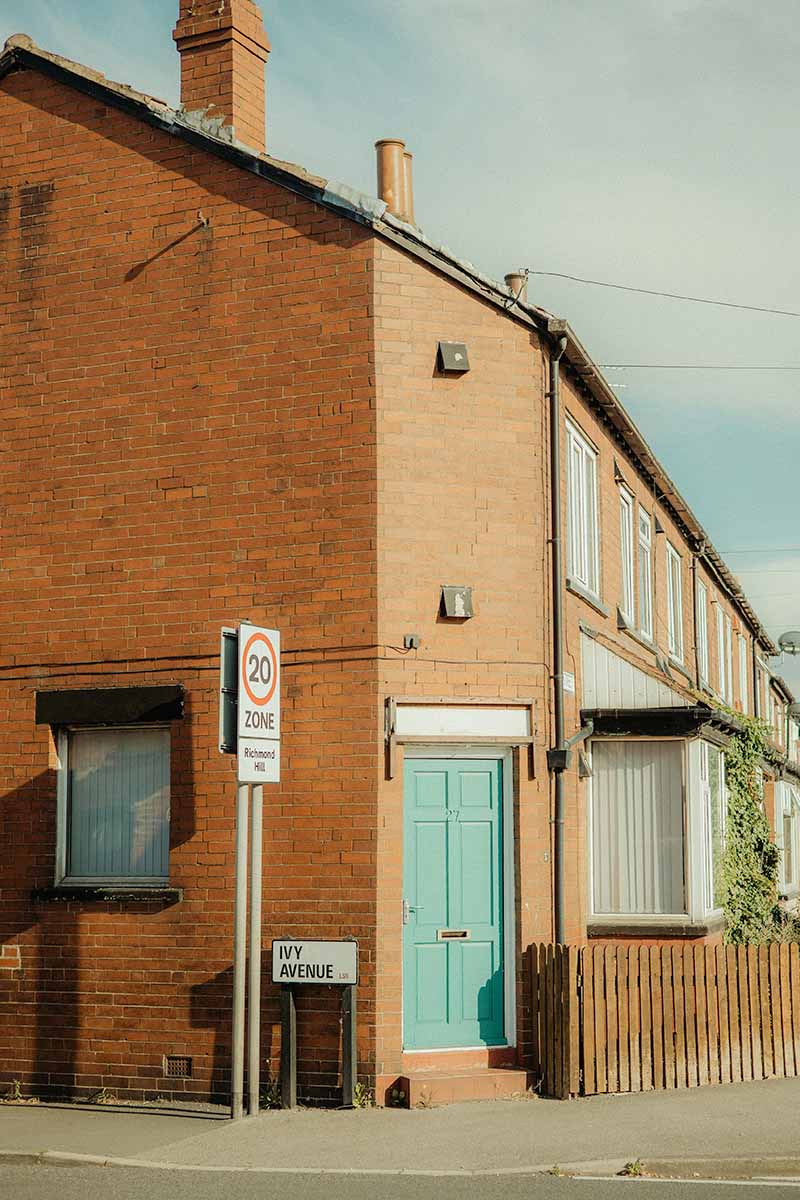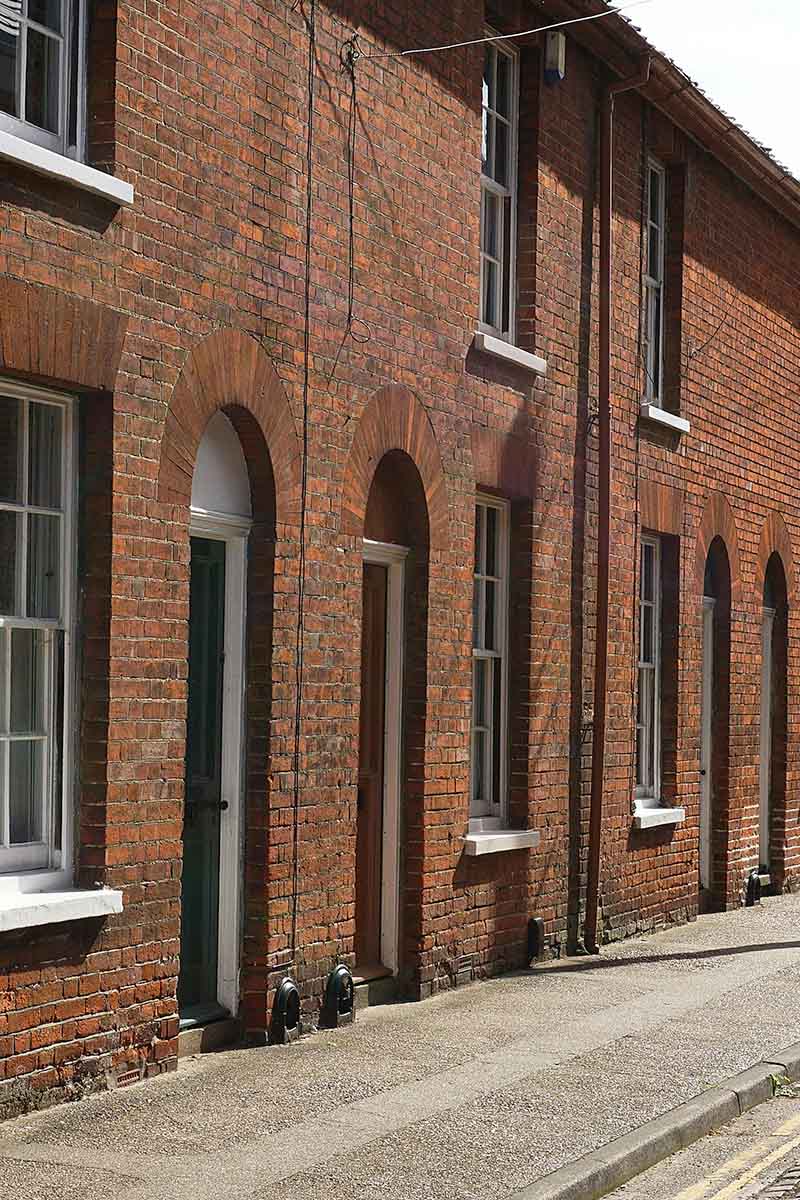Can jointly owned properties be seized in the UK?
Jointly owned property can be seized in the UK in specific legal situations such as when one co-owner is declared bankrupt. But there are important protections in place, and only the share belonging to the person with debts is at risk. In some cases, a forced sale can still occur, but the other owner's share remains protected.
If a jointly owned property is involved in a bankruptcy or debt situation, here’s what typically happens:
Key points include:
- Only the share of the bankrupt or indebted owner can be seized.
- A trustee in bankruptcy may apply for a court order to sell the property.
- The non-bankrupt owner’s share is not at risk—but they may still face a forced sale.
- Ownership structure (joint tenants vs tenants in common) affects how seizure is handled.
- A cash sale may be a way to resolve the issue quickly and retain financial control.

What happens when one owner is declared bankrupt?
If one co-owner is declared bankrupt, their share of any jointly owned property becomes part of their estate and is managed by a trustee in bankruptcy. The trustee’s role is to recover money for creditors, which often involves turning property equity into cash.
Even though only the bankrupt person’s share is affected, the trustee can apply to the court to sell the entire property to release that share. If the court agrees, this can lead to a forced sale even if the other owner isn’t bankrupt.
The non-bankrupt owner retains their equity and receives their fair portion of the sale proceeds.
How does ownership type affect what can be seized?
The legal structure of ownership changes what can happen if one party goes bankrupt:
Joint tenancy
- Owners have equal rights to the whole property.
- If one owner dies, their share automatically passes to the other.
- If bankruptcy occurs, the trustee will sever the joint tenancy, converting it into a tenancy in common so that the bankrupt’s share can be dealt with separately.
Tenancy in common
- Each owner holds a defined share.
- If one owner dies, their share passes via a will or the rules of intestacy.
- The trustee can immediately pursue the bankrupt’s share without needing to sever ownership.
In both cases, only the bankrupt person’s share is at risk—but a forced sale can be pursued to release it.
Save time and hassle by selling your home with us
Get a guaranteed cash offer on any property in England and Wales. All you need to do to get started is enter your address below.
Can a forced sale really happen?
Yes. Once the bankrupt’s share is identified, the trustee can apply to the court to sell the property. If the court agrees, the property may be sold on the open market or through another agreed process.
You’ll receive your share of the proceeds. But if you want to avoid a forced sale, you may be able to buy out the bankrupt person’s share at a fair market rate—either personally or via a third party.
If you’re in this position, get legal advice quickly to understand your rights and options.
Can I stop my share from being seized?
If your partner or co-owner goes bankrupt, your share of the property cannot be taken to cover their debts. However, you may still be affected by the trustee’s efforts to access the bankrupt’s share.
What you can do:
- Buy out their share: You can negotiate with the trustee to purchase their share and retain full ownership.
- Document your ownership: If your contribution was higher, having a formal agreement like a Deed of Trust can help protect your share.
- Avoid transferring shares suddenly: Attempting to move your partner’s share to you before bankruptcy can be reversed by the courts as a fraudulent transaction.
If your partner’s share is small, or if the court believes forcing a sale would cause exceptional hardship, it may refuse the order. But this isn’t guaranteed.
Can creditors force a sale of the home?
Yes—but not immediately. Typically, a creditor must first secure a County Court Judgment (CCJ) against the debtor. If the debt remains unpaid, the creditor can then apply for a charging order against the property.
A charging order doesn’t mean the home will be sold right away, but it does allow the creditor to apply to court for a sale. This process is usually only used for serious, long-term unpaid debts.
Can a fast house sale help?
If you’re worried about a forced sale, a fast house sale could be an alternative. Selling the home voluntarily before enforcement actions begin allows you to:
- Retain more control over the process.
- Access your share of the equity without court involvement.
- Avoid prolonged legal action and stress.
Thinking about selling a property?
If you or a co-owner is facing bankruptcy or debt issues, acting quickly can help you retain control and unlock your equity. At Habello:
- We offer a guaranteed final offer within 48 hours of valuation.
- Flexible completion timelines.
- No legal fees when you use our partner solicitor.
- No pressure, no hidden surprises.
Whether you’re ready to move forward or just want to understand your options, we’re here to help.
Property owners are choosing Habello for a faster, easier and less stressful way to sell
Sell your home quickly for cash by accepting an offer just below market value. See how we compare to your other options by using the calculator below.
Related guides
Bring yourself up to speed with our property guides.





































































































